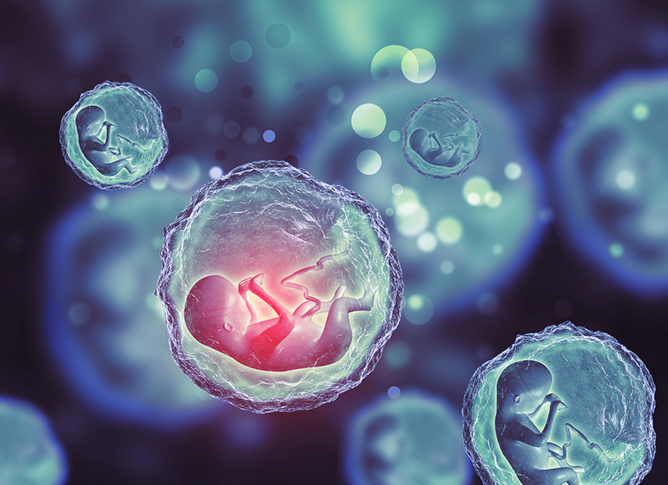Legal Treatment of Frozen Embryos upon Dissolution. Part 2 of 6

Thanks to R. Benjamin Vojtik, associate attorney, for his excellent research into the legal treatment of frozen embryos upon dissolution.
The issue of disposition of frozen embryos and whether a custody right follows in vitro fertilization has had a series of celebrity cases covered by the press at the trial level. One such case is the case of Jason Patric v Danielle Schrieber. That case deals with rights to the embryo after implantation and birth; this article will not deal with embryos post-implantation.
Are Pre-Embryos in California Treated as Persons or Property?
This is no bright line rule dealing with this question, as yet, in California. There are, however, some California cases which provide law that should be applicable to this issue.
“The laws governing such things as human tissues, transplantable organs, blood, fetuses, pituitary glands, corneal tissue, and dead bodies deal with human biological materials as objects sui generis, regulating their disposition to achieve policy goals rather than abandoning them to the general law of personal property.” (Moore v. Regents of University of California (1990) 51 Cal.3d 120, at p. 137.)
“The decedent’s interest in his frozen sperm vials, even if not governed by the general law of personal property, occupies an interim category that entitles them to special respect because of their potential for human life.” (Hecht v. Superior Court (1993) 16 Cal.App.4th 836, 846.)
“Gametic material, with its potential to produce life, is a unique type of property and thus not governed by the general laws relating to gifts or personal property or transfer of personal property upon death.” (In re Estate of Kievernagel (2008) 166 Cal.App.4th 1024, 1030.)
Both Hecht and Kievernagel are cases in which California’s appellate courts attempted to determine how to dispose of a decedent’s sperm through probate. Each case found that the intent of the decedent regarding the sperm was controlling. Though these are not dispositive over the issue of pre-embryos in a divorce, the foregoing principles may guide which approach held by other states the California courts would likely apply.





